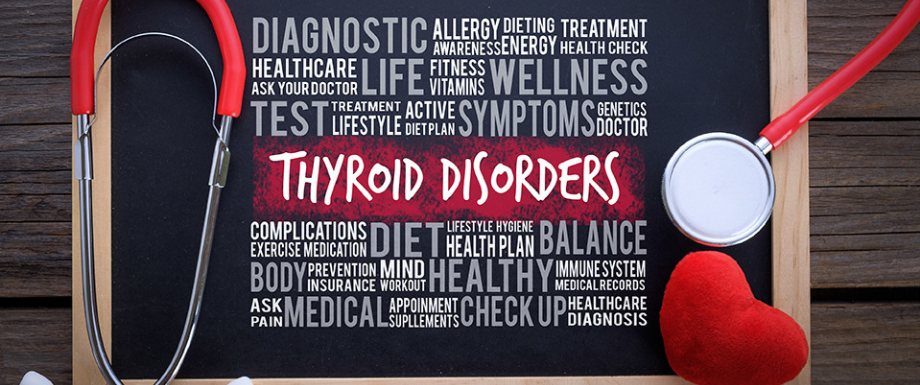Thyroid disease has become quite common in India and prevalence increases with age. Hypothyroidism is by far the most common thyroid disorder in the adult population and is more common in older women. It is usually autoimmune in origin, presenting as either primary atrophic hypothyroidism or Hashimoto’s thyroiditis. Thyroid failure secondary to radioactive iodine therapy or thyroid surgery is also common.
Thyroid Disorder in Diabetes – How common is it?
While thyroid disease rate in the general population is 6.6%, people with diabetes have a higher likelihood of getting thyroid disorders when compared to the normal population. Thyroid disease prevalence in diabetes:
- Overall prevalence: 10.81%
- Hypothyroidism: 36%
- Hyperthyroidism: 12%
- Postpartum thyroiditis: 11%
How Thyroid Dysfunction affects People with Diabetes?
In case of overactive thyroid, excess thyroid hormones promote hyperglycemia by facilitating glucose intestinal absorption, increasing insulin clearance, and enhancing glycogenolysis and gluconeogenesis. Also, hyperthyroidism is associated with:
- Increased hepatic glucose output
- reduced insulin action
- increased lipolysis
In people with under active thyroid, hypothyroidism leads to reduction in hepatic glucose output, gluconeogenesis and peripheral glucose utilization. Uncontrolled hyperglycemia with ketosis alters the thyroidal blood profile in a manner similar to that seen in severe acute illnesses.
Diabetes Care in hyperthyroid patients:
- The diagnosis of glucose intolerance needs to be considered cautiously since hyperglycemia may improve with treatment of thyrotoxicosis.
- Underlying hyperthyroidism should be considered in diabetes patients with unexplained worsening hyperglycemia.
- In diabetes patients with hyperthyroidism, physicians need to anticipate possible deterioration in glycemic control and adjust treatment accordingly.
Diabetes Care in hypothyroid patients:
- Reduced rate of insulin degradation may lower exogenous insulin requirement.
- Subclinical hypothyroidism can exacerbate coexisting dyslipidemia commonly found in type 2 diabetes and further increase the risk of cardiovascular diseases.
- Adequate thyroxine replacement will reverse the lipid abnormalities.
Diabetes & Thyroid Care in young women with type 1 diabetes:
- Transient thyroid dysfunction is common in the postpartum period and warrants routine screening with serum thyroid-stimulating hormone (TSH) 68 weeks after delivery.
- Glucose control may fluctuate during transient hyperthyroidism followed by hypothyroidism typical of the postpartum thyroiditis.
